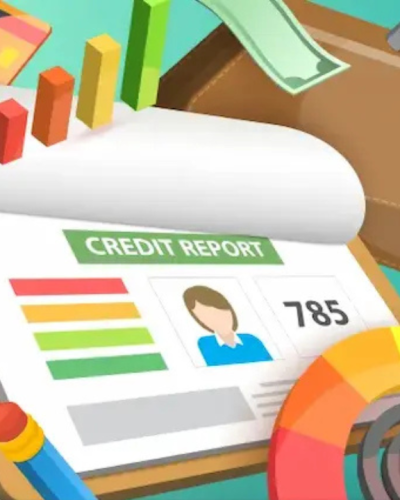What is Written Off in CIBIL report
A Written off in your cibil credit report occurs when a loan becomes non-performing due to repayment difficulties. Written off in a credit report means that the loan or card is long due and bank have marked the said loan or credit card as a Non Performing Asset (NPA). When a lender writes off a loan, it means they’ve assessed the debt as unrecoverable and have taken it off their books for accounting purposes. It doesn’t necessarily mean the debt is forgiven or erased entirely.
A Written off in your cibil credit report occurs when a loan becomes non-performing due to repayment difficulties. Written off in a credit report means that the loan or card is long due and bank have marked the said loan or credit card as a Non Performing Asset (NPA). When a lender writes off a loan, it means they’ve assessed the debt as unrecoverable and have taken it off their books for accounting purposes. It doesn’t necessarily mean the debt is forgiven or erased entirely.
A CIBIL status of “written off” indicates that the borrower has failed to make payments against their outstanding loan for over three months. When an individual cannot repay their loan, the lender can “write off” the borrowed funds. This status on a CIBIL report can adversely affect an individual’s eligibility for loans in the future. Lenders often check a person’s credit history when lending. When they come across a CIBIL written off, it indicates that the borrower has been unable to make repayments against their loans and makes them a defaulter candidate. Additionally, it can severely impact the borrower’s credit score and cause it to drop below the desired level.






